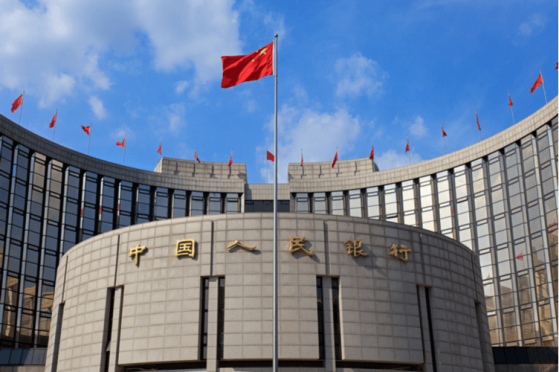China’s cryptocurrency market was doomed to fail after the policies the government has enacted lately, but it appears as if the country might be turning the wheel in a different direction now.
After a series of crackdowns that had sent local operators packing to other destinations, Yi Gang—the new governor of the People’s Bank of China—suggested that the government’s direction might change soon.
According to him, the central bank will continue to pursue “tight supervision” in the cryptocurrency market, but is also “exploring a better way for digital currency to play a more active role [...] in the real economy.”
After Gang’s speech at the Boao Forum, the People’s Daily also published a piece by Yang Tao, assistant director of the Institute of Finance, in which he said that a total clampdown on the cryptocurrency market is unachievable.
“Both the traditional ‘private currency’ and the new ‘private currency’ similar to Bitcoin have affected the monetary power of authorities in various countries. However, from a technical point of view, it is difficult to achieve a complete ban on digital currency,” he wrote.
He pointed out that instead of fighting cryptocurrencies themselves in an endless war, most countries are “more focused on bottom-line supervision and investor protection in transactions, such as anti-money laundering and market manipulation.”
“The existing monetary and financial systems are not naturally evolving, but are the inevitable result of legal restrictions or government regulations. Although there are many flaws in digital currency, it is also a valuable experiment, especially in the exploration of super-sovereign currency,” he added.
If the Chinese government loosens its grip on cryptocurrencies soon, it will prove Bobby Lee right when he predicted that the country will eventually lift its ban on exchanges.
Too Little, Too Late?
While this softening attitude towards cryptocurrency from the People’s Bank of China might develop into good news for the country’s market, it is still quite possible that all the operators who’ve left won’t be tempted to go back.
For several months already, ICOs and exchanges operating in China have been moving out in droves. At first, they set their sights on other countries in Asia.
Over time, other cryptocurrency operators saw golden opportunities in areas like Canada and Iceland with their affordable renewable power having the potential to fuel enormous ASIC farms.
If China wants to be serious about scaling back its clampdown on cryptocurrencies, it might have trouble reviving the market after it lost a large portion of the entrepreneurs willing to open shop inside its borders.
Given time, however, the market could revive itself if the government maintains a consistently positive-trending attitude towards the market.
Such an endeavor, however, is unlikely to happen as the PBoC governor made it clear that he still desires “tight supervision,” which might translate to very strong regulations.
This article appeared first on Cryptovest
